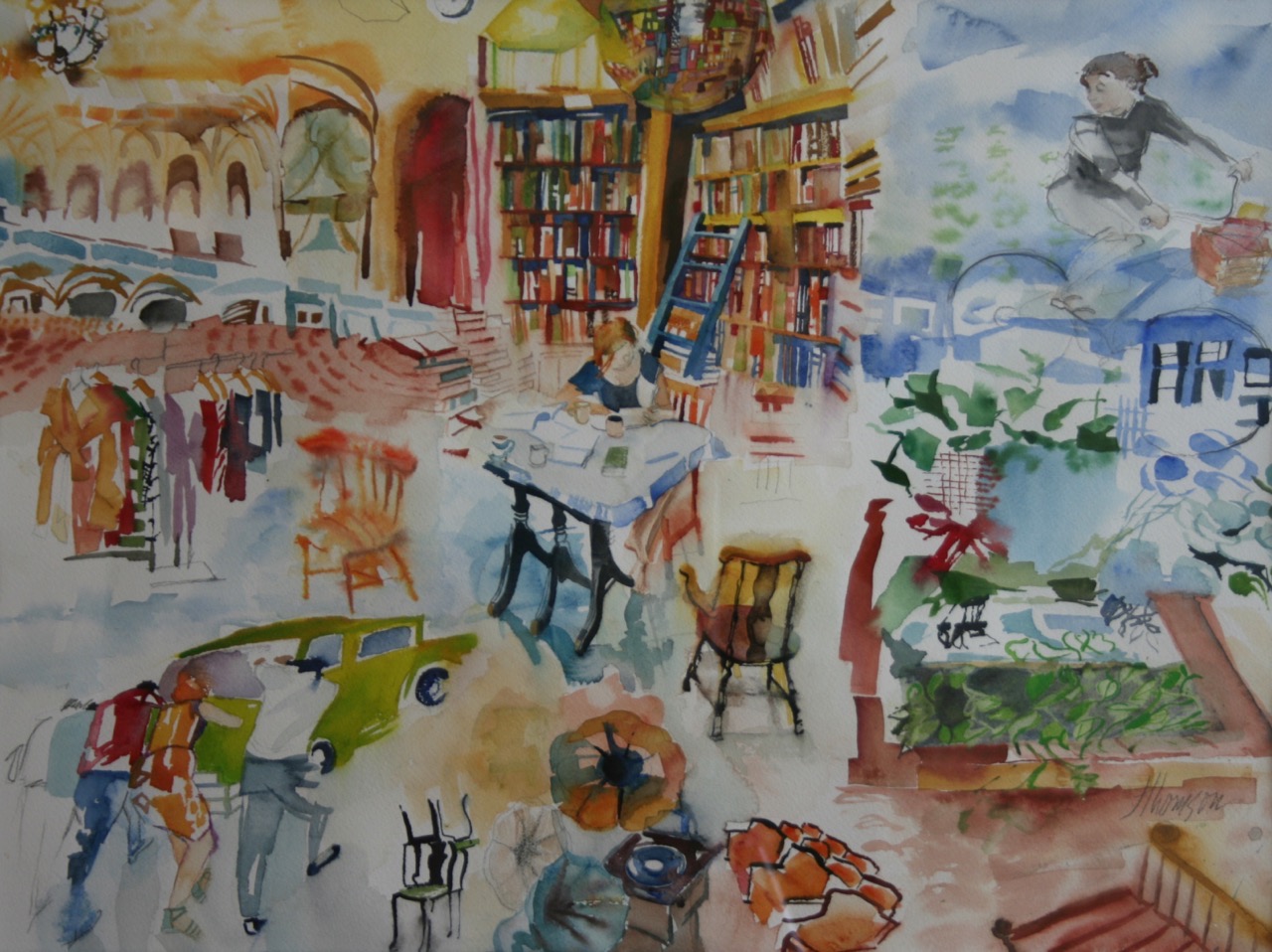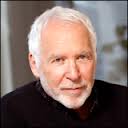The Jubilee Campaign
By Peter Block
What is a Jubilee Year, and how does this Old Testament idea relate to today’s economy? What is the Jubilee Campaign working to create? This article by Peter Block, originally published in Streetvibes newspaper, gives insight into the Economics of Compassion Initiative in Cincinnati.
In Cincinnati there is an Economics of Compassion Initiative which seeks a local economy that serves, and is measured by, the well-being of all of its citizens. Central to this effort is the Old Testament idea of a Jubilee Year. Every seven years and every seven times seven years the debts are released and the land is restored to its rightful owners. Historically this includes resting the land, gleaning of the harvest, and forgiving the debts of the poor. We want to bring into modern day economics.
Jubilee and an Alternative Consciousness
As a culture we have constructed the idea of poor and poverty to falsely describe certain people. As if a person can be measured by their annual income, housing status, education level and their ability to shop a lot. We sustain poverty by believing that these measures best describe who our neighbors are.
We describe our neighbors according to these measures because our current economy is by nature competitive, individualistic, self-interested, best privatized, and blessed with an invisible hand. If you don’t have money then there is something missing in you. One label we use to keep you in your place in this culture begins the moment we call you “poor”. This is the code for one who cannot fully participate in the dominant economy. As “poor,” we consider you broken and in need of fixing, mentoring, subsidy, and programmatic intervention.
The Jubilee idea, central to a compassionate economy, calls us to get interested in what people are good at. People cannot be defined by their income level. A human being is much more than their income level. They are better defined by the gifts, their capacity to care for others and what they can actually do in the world.
Jubilee and the Consumer Economy
We want to use this column to explore the Jubilee idea and the campaign we are starting in Cincinnati to tilt the economic system towards the common good and end the exiling effects of the current market system.
Jubilee in the Old Testament declares that “In the seventh year, all are equal, and this is the real essence of peace.” The Israelites had economic laws which called for forgiveness and freedom from financial debts every 7 years and returning the land to its rightful owners every forty nine years. Our intent with the Jubilee Campaign is to take this seriously and make it happen here.
The Jubilee task is to engage and explore this landscape of sacred obligation. It is a project of consciousness and imagination first, commitment later. It is not as simple as forgiving debt; it is a way of beginning a conversation that is a communal enterprise, for many an expression of faith and religion that commands attention and generosity.
The campaign is to create a local coalition in Cincinnati of the faith community, neighborhood leadership, philanthropists, social entrepreneurs, government, corporations, and social service institutions to support debt release and support expanded local economic productivity to several vulnerable neighborhoods in Cincinnati. We want to create conditions under which forgiving the debts of neighbors, welcoming them in from exile, and investing in their productive capacity becomes a common task and a common purpose.
Action
Towards this end, we are conducting a series of Jubilee Forums. These are two hour events every six weeks that bring together a wide range of citizens; business, social service, faith and neighborhood people, to deepen our understanding of Jubilee. These Forums feature ministers, rabbis and Islamic leaders, projects in the city that are examples of valuing the gifts of neighbors. We also hear from residents from marginalized neighborhoods who are engaged in building small businesses. Eventually we will discuss the usury, credit and debt in our neighborhoods.
Learn more:
Economics of Compassion Initiative
Image Credit:
Corner of the City 2 by Jill Thomson, watercolour on paper, 18 x 24″, 2014
Used with permission, Jill Thomson – Visual Artist – jillthomson.com
Represented by Gibson Fine Art





